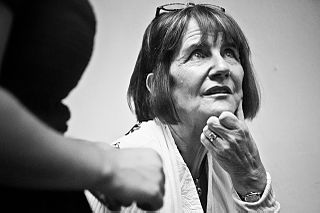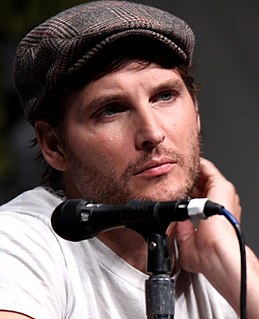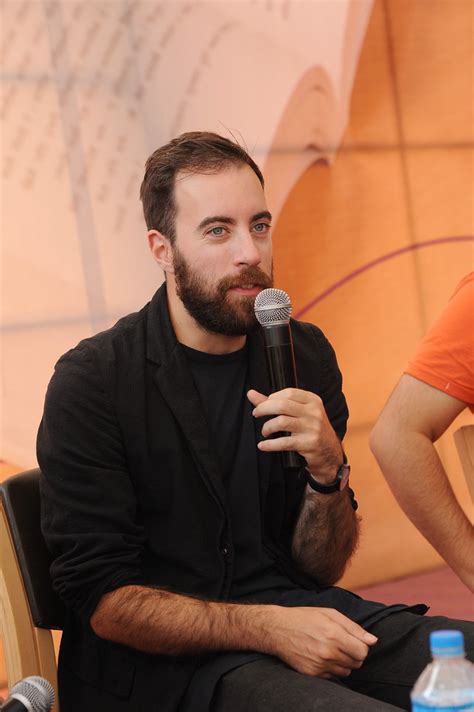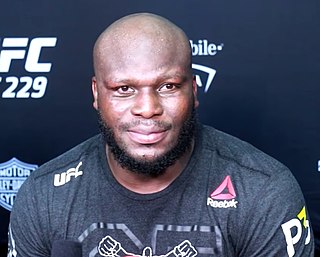A Quote by Theresa Breslin
What I try to do - and I think this is the former librarian in me - is to get primary source material.
Related Quotes
Twitter for me is a form of entertainment for the followers and it's also a source of information. I try to tweet things that I think might make people smile, or to share information that I want to get across, like an event like this that can inspire other people to get involved. I try to mix it up. I think that is a reflection of me - a family man, an actor, and a philanthropist.
Even my wife and two of my children are in "Leaves of Grass". Because I love the source material so much, it was really easy to write and an utter delight to get to direct because I had people like Edward [Norton] elevating the material and surprising me in their interpretations of all of this stuff that's so close to me.
If anything, I've found nonfiction a little easier. You don't have to make anything up. Of course, that's the inherent difficulty as well: when you hit an information black hole, you don't get to make it up. That hasn't come up too often with this project though. I'm lucky to have tons of primary source material , reams of letters and diaries and memoirs.
Here, then, is the point at which I see the new mission of the librarian rise up incomparably higher than all those preceding. Up until the present, the librarian has been principally occupied with the book as a thing, as a material object. From now on he must give his attention to the book as a living function. He must become a policeman, master of the raging book.
It's usually very, very hard for me to pick up a script that was written and try and see myself as a part of that, especially when you're used to performing all your own material. It's OK with drama, I like being handed great material but I think with comedy it's far more personal and probably a lot harder for me to find a fit.
Fiction stymies me with its possibility. I can't see the bottom and I freeze, cling to the side, or just choke. In nonfiction, particularly that which takes personal narrative for its primary topic, I have a finite space and a finite amount of material. I can't fabricate material, I can only shape and burrow into it.
My writing is of a very different kind from anything I've heard about. All this mythological material is out there, a big gathering of stuff, and I have been reading it for some forty- or fifty-odd years. There are various ways of handling that. The most common is to put the material together and publish a scholarly book about it. But when I'm writing, I try to get a sense of an experiential relationship to the material. In fact, I can't write unless that happens ... I don't write unless the stuff is really working on me, and my selection of material depends on what works.



































